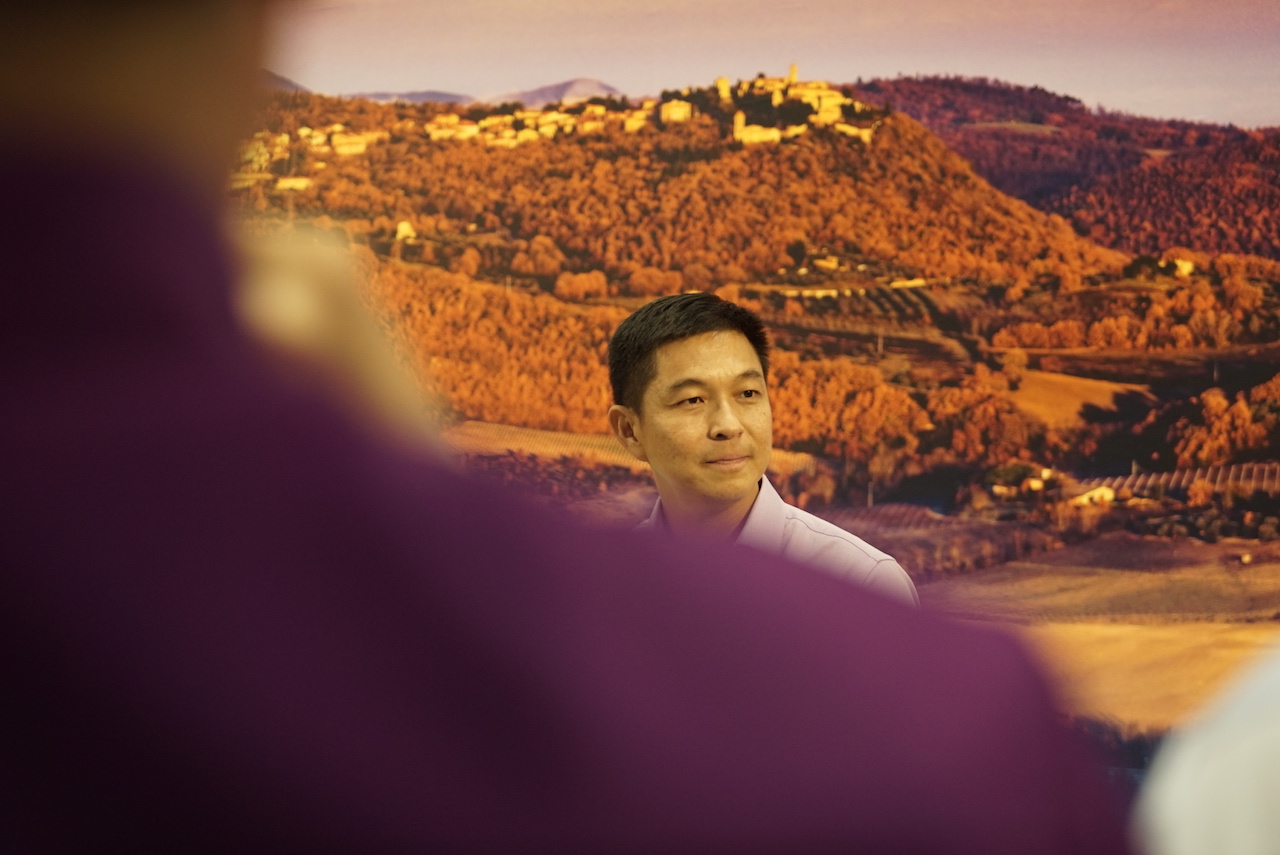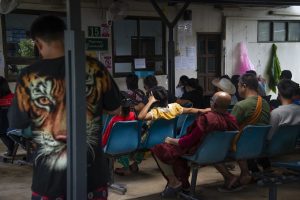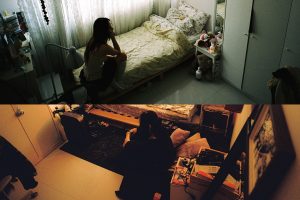Tan Chuan-Jin is, in his own words, a “self-conscious” man.
Despite picking up photography in 1988, he remains hesitant to start shooting people, even though it’s what he really wants to do. I assume the obvious lack of anonymity is the main reason for his reluctance to put himself out there, yet he says it’s also because he “doesn’t want to intrude”.
So if you’re looking for photos that will stir up some visceral emotion within your soul, like an inexplicable bittersweet sadness, his photo exhibition at Far East Plaza is not the exhibition for you.
Critics might observe that his photos displayed at the exhibition, titled Our Place in the World, easily lack an instantly recognisable style. While local photographer Nguan is known for his pink pastel overlay and underlying melancholy and nostalgia in his photos, Mr Tan’s distinct personality is mostly absent from his vibrant landscape shots.
If not for his signature at the bottom right hand corner of his photos, or the fact that his name is clearly displayed around the exhibition, you’d be forgiven for thinking any other travel photographer took the photos.
Others might say that his photos are overly processed, and he too agrees he had a tendency to do so when he first started out. They don’t have the softer, rawer quality that many people enjoy with trendy Instagram film photography, which usually focuses on capturing a certain mood.
Instead, his photos more closely resemble the technically perfect shots in National Geographic.
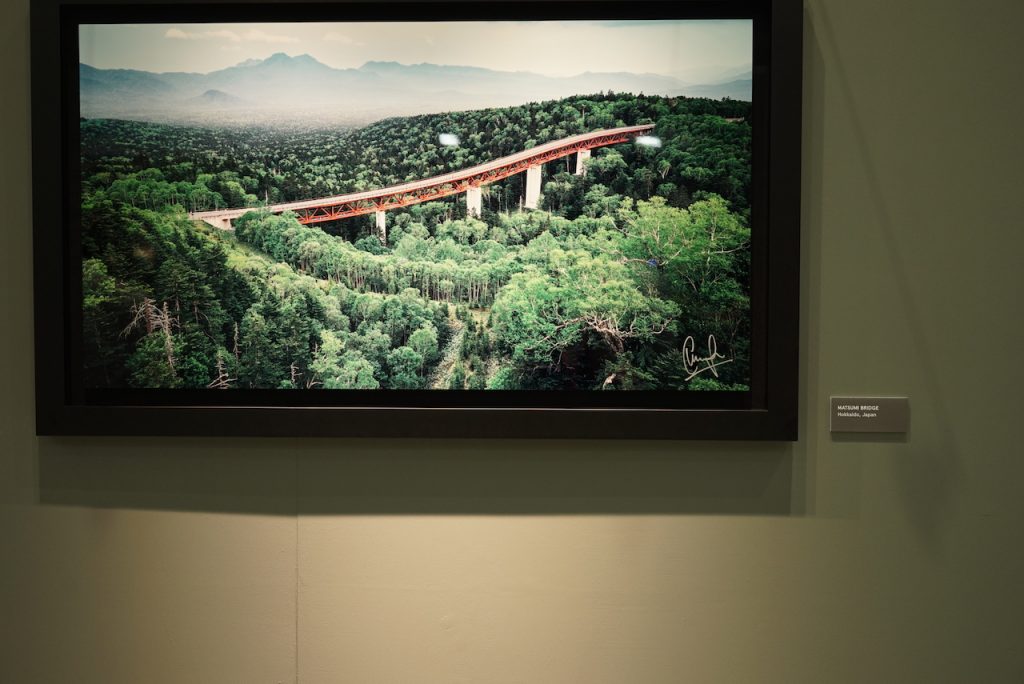
That said, he is not a photographer. He reiterates this during the two conversations I have with him and in his opening speech at the exhibition, which only came about because he’d been approached to raise funds with his photos. He’s adamant that he simply “takes photos”.
While I appreciate his attention to the nuance in semantics, he explains matter-of-factly, “It’s not humility. I know the work of photographers and it’s way better. Even in the social sector for example, I help out where I can, but I’m not a social worker. They carry a much heavier burden. So I get a bit queasy when I’m called a photographer. I just try to take pictures as best as I can.”
If you haven’t met the former minister in real life, this confession might seem at odds with his public persona. You may think he’s merely humble bragging, especially since he appears to enjoy being in the public eye. Even his regular updates on both his personal and public Facebook accounts appear a tad more outgoing and forthcoming than many other politicians’.
But it’s not false humility. The Speaker of Parliament truly believes some people who purchase his photographs only do so to ‘give him face’ because of his job title.
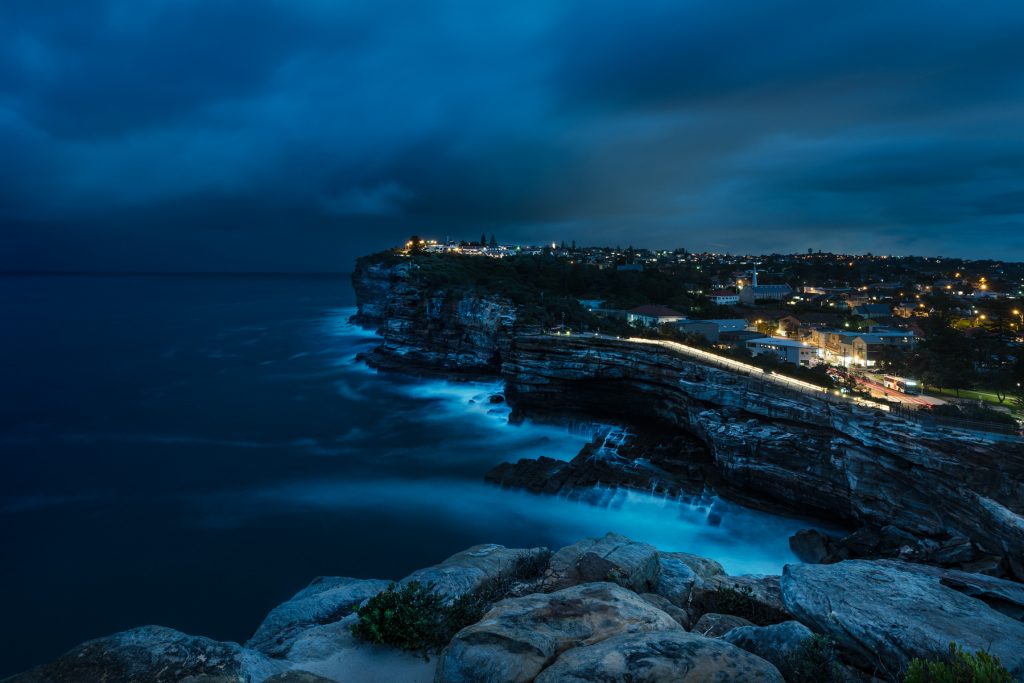
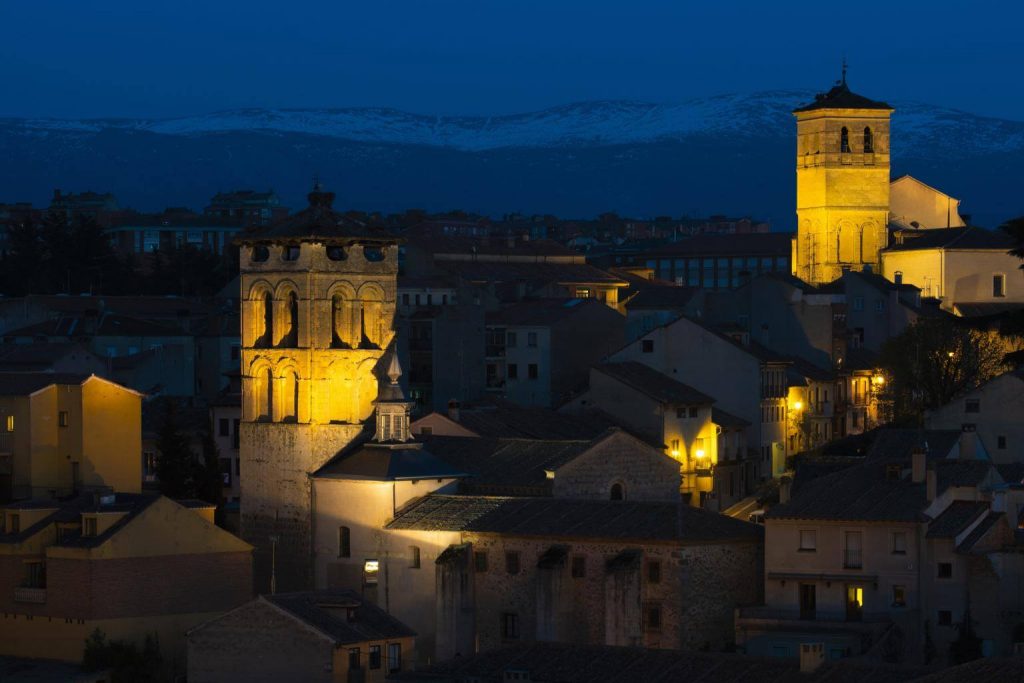
This ethos underscores another one of Mr Tan’s passions: working with the social service sector. When it comes to giving back to the community, doing the work often requires the giver to set aside one’s ego and ‘fade’ into the background, directing all efforts to the beneficiaries.
Through both photography and social services, he’s able to turn the public’s attention to people, places, or perspectives that really need it. With this exhibition, whose proceeds will go to 13 partnering charities, it seems he has succeeded in marrying his two passions.
Despite this seeming ‘obligation’ to shoot ‘nice’ photos because they could one day raise funds for charity, I suspect he sees photography as an escape from his people-facing day job.
When I suggest this, he ponders in silence for at least 15 seconds, never having thought about it that way. Then he admits that it could be a possibility.
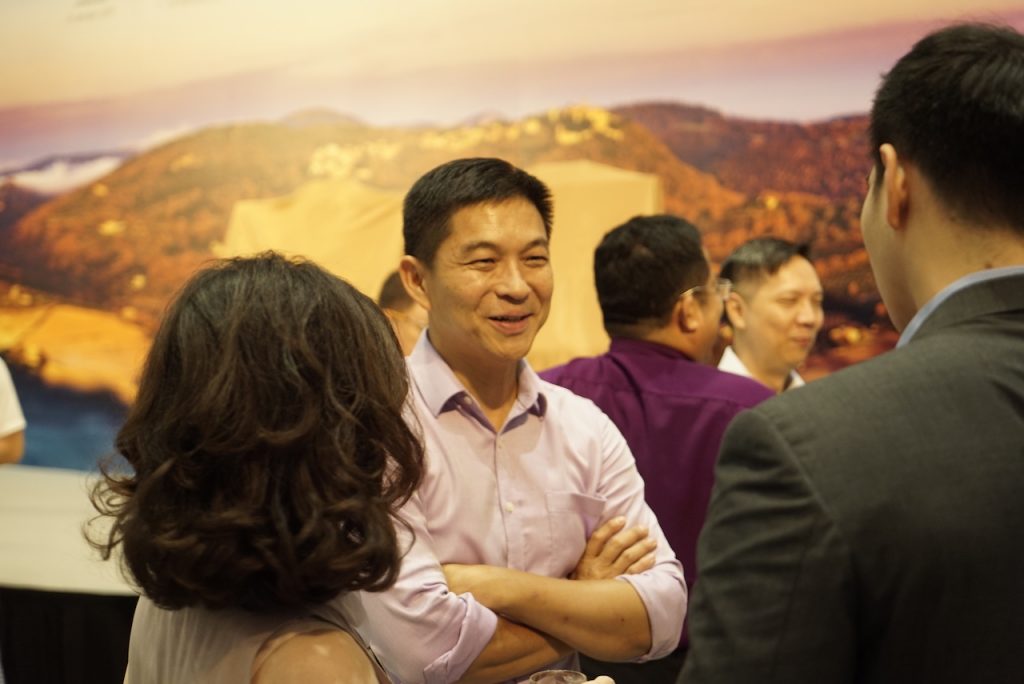
To me, at least, it’s plain to see that Mr Tan is a functioning introvert, which I convey to him when we finally get a moment to speak.
He laughs, “I wouldn’t say I don’t enjoy being with people. If I don’t have to do it, I won’t. But once I start being around people, I’m okay. [Being extroverted] is part of my persona, but the introvert’s version. I’m comfortable with this.”
That said, he clarifies that he draws energy from being a leader and meeting his residents. Although leadership might appear to contradict his introversion, it has parallels to photography—self-reflection and being open to new perspectives are crucial to being both a good leader and a person who takes good photos.
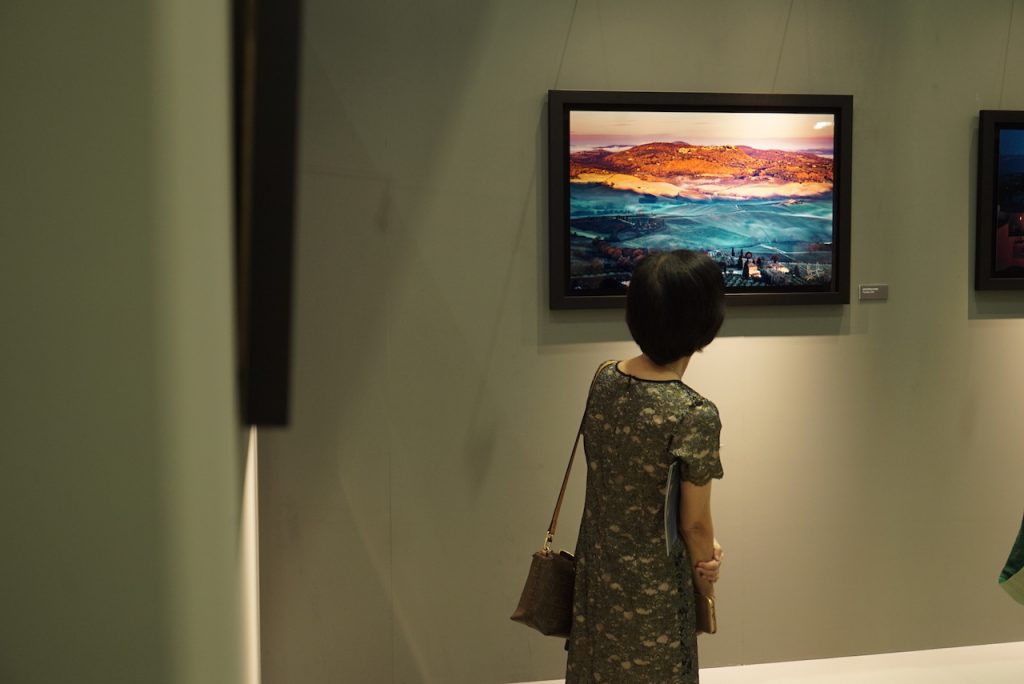
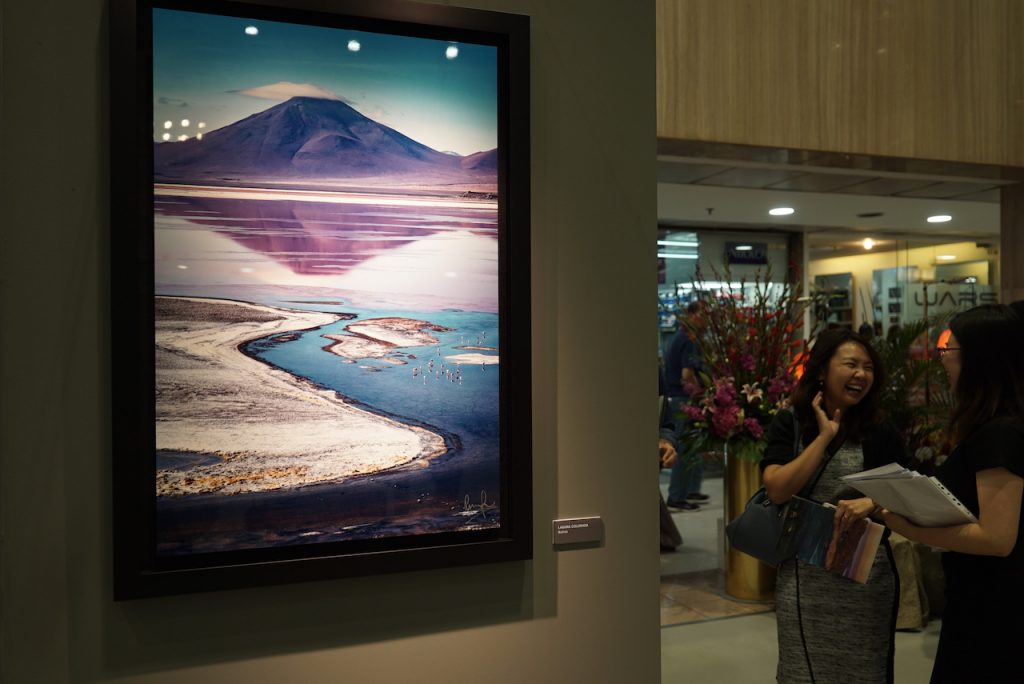
Even if travel photography is not your thing, each photo in his collection is bound to evoke a deep sense of wanderlust. It would be perfectly understandable if you find yourself buying an air ticket to any one of the destinations featured in his photos after just one round around the exhibition.
There’s also a tranquil quality to each photo, making you want to receive it as a postcard, frame it up in your home, or use as your desktop wallpaper to soothe frazzled nerves on stressful days. He’s surprised when I tell him that one of his photos of a lone flamingo at the salt flats in Bolivia indeed used to be my desktop wallpaper. I was attracted by the striking contrast of the pink flamingo against the blue background.
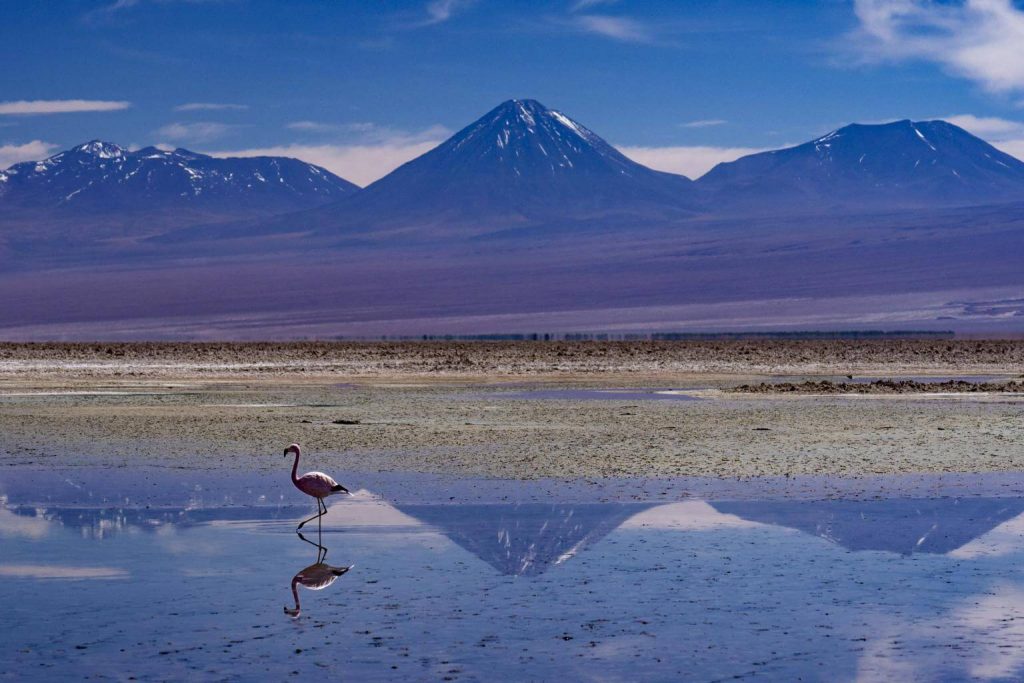
According to him, some people were “very angry”, because being ‘demoted’ to Speaker was largely understood to mean he was out of the ‘race’ to be Prime Minister. But he insists he was never in the ‘race’, even though he is heartened by the encouragement.
“Sometimes, you think maybe people don’t give a shit. Maybe you just created all this meaning [on the job] as a figment of your own imagination, when actually people don’t care,” he admits.
“So, being on the receiving end of encouragement reminds me that there’s some value in what I’m doing. As human beings, you also have a bit of ego. You like to know that you do make a difference. I’m very mindful that we don’t cheerlead people often enough.”
At the same time, he knows it wouldn’t be wise to solely seek endorsement in photography, public service, or any other pursuit, lest the task becomes a blind chase for recognition. Instead, it’s about ensuring your work constantly provides meaning and relevance to people.
This natural idealism is balanced out with a relatively practical approach to passion. He explains that he’s not a big fan of our mainstream narrative about the pursuit of passion.
In fact, he calls it “a bit of BS”.
Echoing my sentiments on the issue, he says that many people focus on finding a discipline or major in school that they’re passionate about when they should focus on the broader purpose that they’re trying to achieve.
He believes that multiple pathways can lead to the same goal. For instance, he takes every job in his stride, whether it’s ministerial duties or being Speaker of Parliament. After all, life, public service, and photography are about learning to make do with the cards you’ve been dealt.
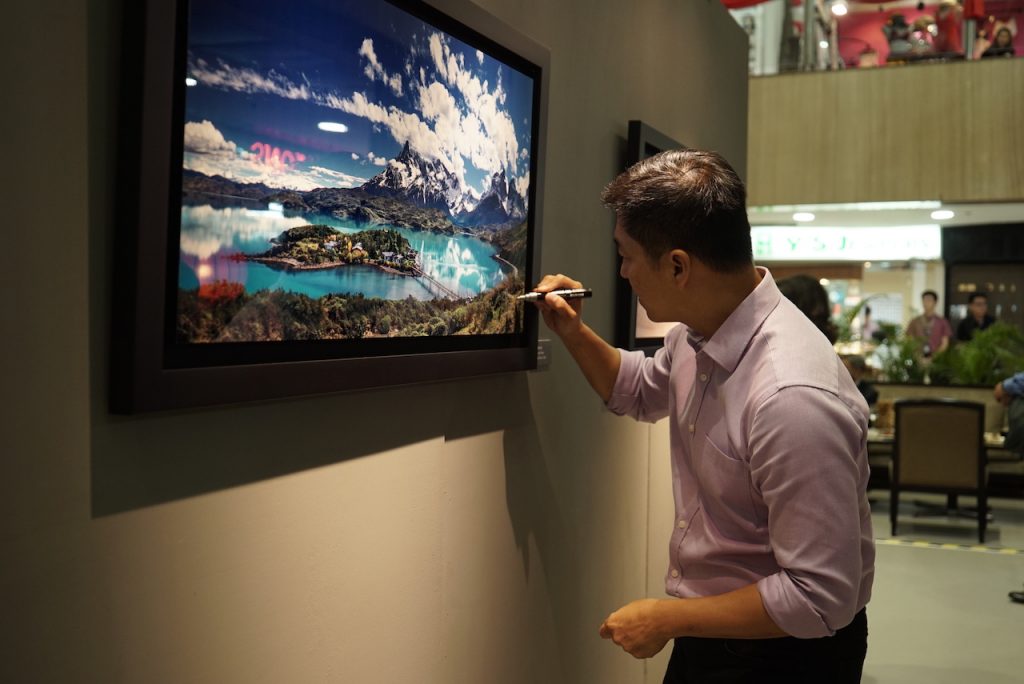
“If you have 10 minutes of crappy weather or only 20 minutes of spare time, you accept the fact and see what you can do with it. Photography is about how you view the world and how you choose to look at things. There are a lot of silver linings,” he says.
Then, he tells me how one cannot be so naive, but neither do you want to be too cynical. Even though he considers himself both a realist and idealist, he thinks it’s particularly important to retain some sense of the latter, otherwise you lose a certain humanity.
“But then this means you’re quite vulnerable to emotive things lah,” he adds.
It takes me a moment to realise he’s now referring to his duty as a public servant—a part of him I’ve come to understand is innately inseparable from the reasons he loves photography.
The truth is, this intertwined relationship might just be the push he needs to finally start exploring people photography.
“I want to shoot more people, like my residents in my neighbourhood. You see their faces all the time but you don’t know their story. By taking one snapshot, it forces you to focus. Then you interview them and do a short write up,” he muses.
Perhaps, then, photography is less a commitment to self-erasure or removing yourself from the frame, and more about showing up and pushing yourself out of your comfort zone. Occasionally, this requires getting in front of the lens, so that you no longer just look at things, but actually see them.
In my opinion at least, he already has the eye for it.
Have something to say about this story? Write in to community@ricemedia.co.

